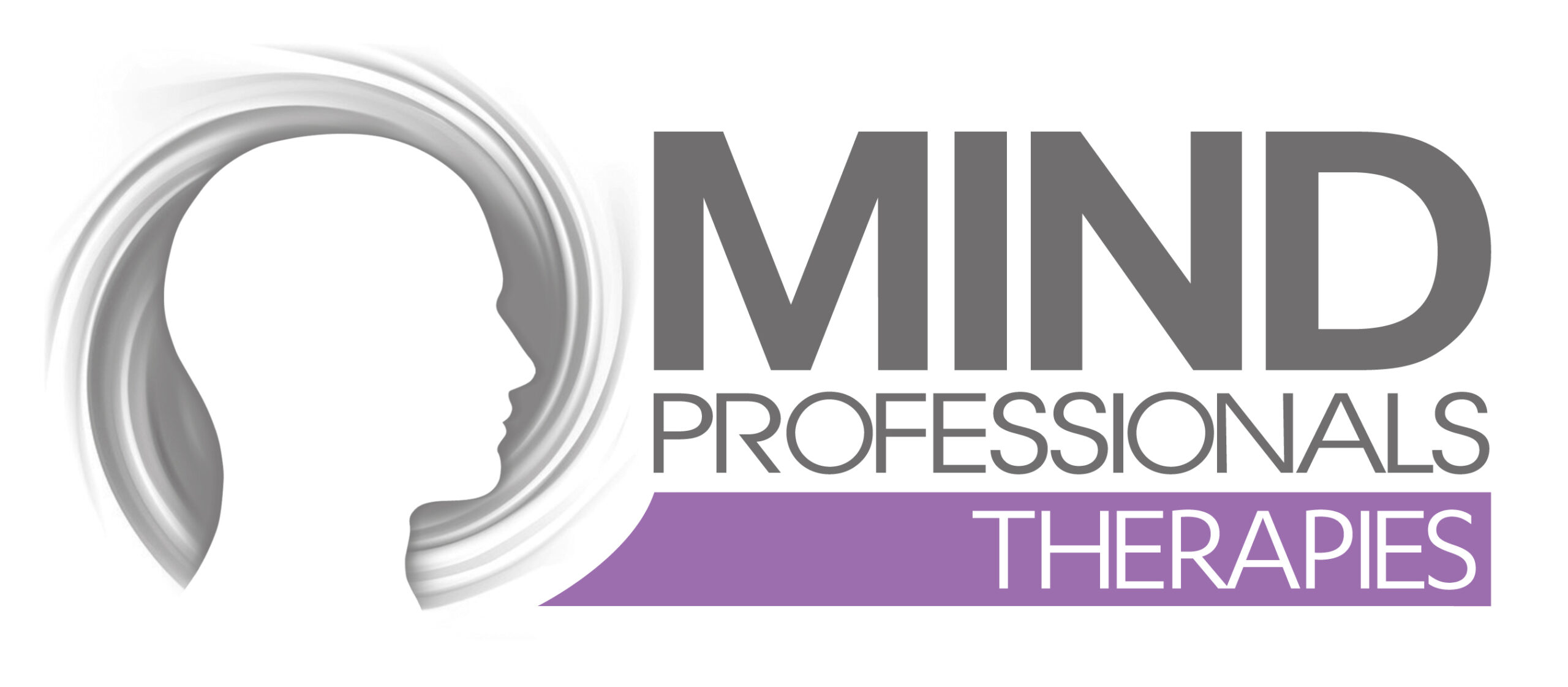Signs and Symptoms of Autism?
There are many signs and symptoms that could indicate somebody has Autism Spectrum Disorder (ASD). Not all adults or children with autism will have every symptom, and some adults and children without autism may display some of the same behaviours and symptoms typically associated with the condition.
People with Autism Spectrum Disorder (ASD) are likely to experience difficulties with communication, and connecting emotionally and socially with others. They may also process sensory information, such as sounds and smells, differently from other people. These differences can underlie some of the behavioural signs of autism that people may display.
When looking for early signs of Autism Spectrum Disorder (ASD), there are developmental milestones that children are expected to reach by certain ages, such as babbling by 4 months old and being able to use simple sentences by 2 years of age. If a child reaches these milestones later, or does not develop these skills at all, it may indicate a developmental disorder such as Autism Spectrum Disorder is present.
Some of the more common signs that may indicate a person has autism may include:
- Avoiding eye contact
- Delayed (or lack of) speech and communication skills
- Reliance on rules and routines
- Becoming very upset by relatively minor changes
- Unexpected reactions to sounds, tastes, sights, touch and smells
- Difficulty understanding other people’s emotions
- Focussing on or becoming obsessed by a narrow range of interests, activities or by objects
- Engaging in repetitive behavior.
Some of the more common symptoms that may indicate a person has autism may include:
- Marked difficulty using in nonverbal communications and in understanding nonverbal behaviours in others – such as eye to eye contact, facial expressions, body postures, and gestures to regulate social interactions (body language).
- Difficulty or failure to develop relationships with others appropriate to age / developmental level; with preference for remaining alone or detached in group settings.
- Difficulty in sharing (or seeking to share) own pleasure and emotions with others;
- Lack of social empathy; difficulty in building and sustaining relationships.
- Delay or complete lack of speech development, with no efforts made to communicate with others via alternative means in compensation.
- Marked impairment in the ability to initiate or sustain a conversation with others, despite having adequate speech development.
- Stereotyped or repetitive use of speech, or idiosyncratic speech;
- Lack of varied, spontaneous make-believe play or social imitative play appropriate to age / developmental level;
- Encompassing preoccupation with one or more stereotyped and restricted patterns of interest, abnormal in either intensity or focus;
- An apparent compulsive adherence to specific nonfunctional routines or rituals;
- Stereotypic behaviour and repetitive movements (e.g. hand or finger flapping, head banging, rocking, twisting or complex whole body movements);
- Persistent preoccupation with parts of objects or spatial arrangement of objects;
- Extreme/odd sensory seeking or sensory aversions.
